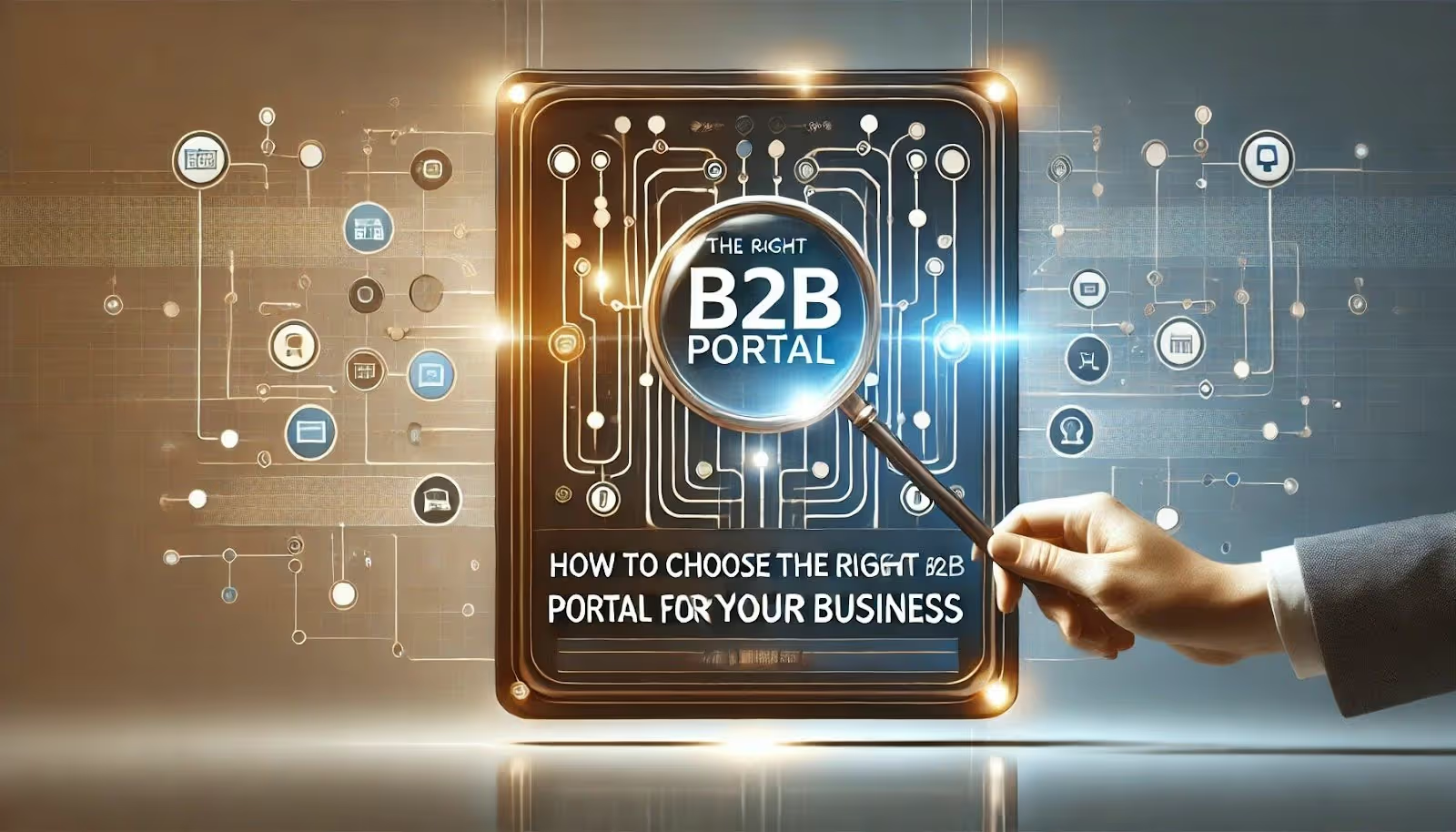Define your business goals
Before starting to work with B2B platforms, it is important to clearly define the task:
- Expanding the customer base: attracting new customers on local and international markets.
- Searching for reliable suppliers: optimization and reliability of supply chains.
- Increase in sales: using the platform as an additional channel for selling products or services.
Each goal requires a careful approach to choosing a platform. For example, if your goal is to export goods, you need to create portals like Alibaba or TradeIndia. For local sales, it is better to consider regional platforms.
Analyze the portal's audience
Not every B2B portal will be useful to your business. Determine who his main audience is. It is optimal when the portal actively interacts with your target audience. For example, if you manufacture industrial equipment, you should turn to a resource where an organization in this field is already operating.
Evaluate the platform's functionality
Your ability to use the portal can have a significant impact on the effectiveness of your participation. It is important to pay attention to the following features:
- Product catalogue: Is it easy to download information about your products and services?
- Search and filters: Does the portal help you find target customers and partners?
- CRM integration: Can I connect your sales management system?
- Analytics: Does the portal provide data on how your offers are viewed and customer activity?
Platforms that use tools to automate processes (for example, chatbots or ERP executives) provide more opportunities for effective work.
Explore the payment system
B2B platforms usually offer several payment models:
- Free participation: you can register and add your products for free, but with limited functionality.
- Subscription: a monthly or annual fee for access to advanced features (for example, product promotion or access to real customer data).
- The Commission: a percentage of each trade.
Tell us which model is more profitable for your business. For example, if you're planning on recurring deals, subscribing might be cheaper than paying a commission.
Make sure the platform is reliable
You can check the platform's reputation through user reviews and ratings. Key indicators:
- Reliability level: avoid a platform reporting fraud.
- Support: how quickly the support team responds to requests.
- Term of work: the longer the platform exists, the more reliable it is.
Pay attention to security systems, such as company verification, cash protection, and quality control.
Take into account the competitive environment
Are your competitors already actively using the platform? If so, this could be a strong argument in favor of registration. However, it should be noted that high competitors' activity can also complicate your promotion due to increased competition.
If the platform has few companies in your field, please clarify the reason: it may not be effective enough for your sector.
Invest in promotion on the platform
Simply registering on a B2B portal is not enough. To achieve maximum effect, use the available promotion tools:
- In-platform advertising: paid places in the top seats.
- SEO optimization of product cards: use keywords to improve quality.
- Content marketing: create articles, reviews, or instructions that attract more traffic.
Platforms with ample opportunities for promotion allow you to recoup investments faster.
Choosing the right B2B portal is a strategic step that requires thorough analysis. Define your goals, study the audience and functionality of the platform, and test it before investing. A successful choice not only accelerates the development of your business, but also opens up new horizons for growth and scaling. Remember that the right platform is not only a tool for making deals, but also an opportunity to create long-term partnerships.



.avif)




